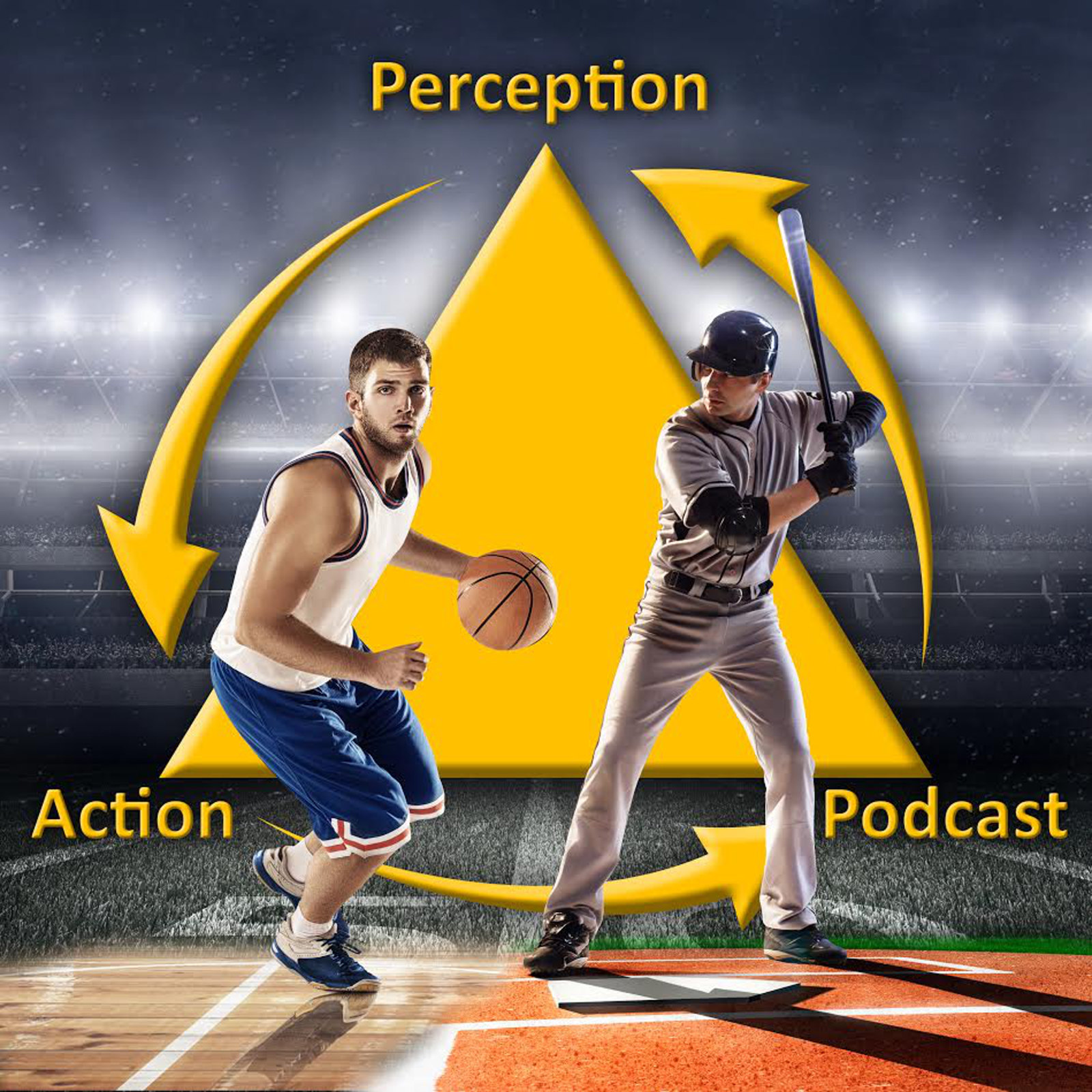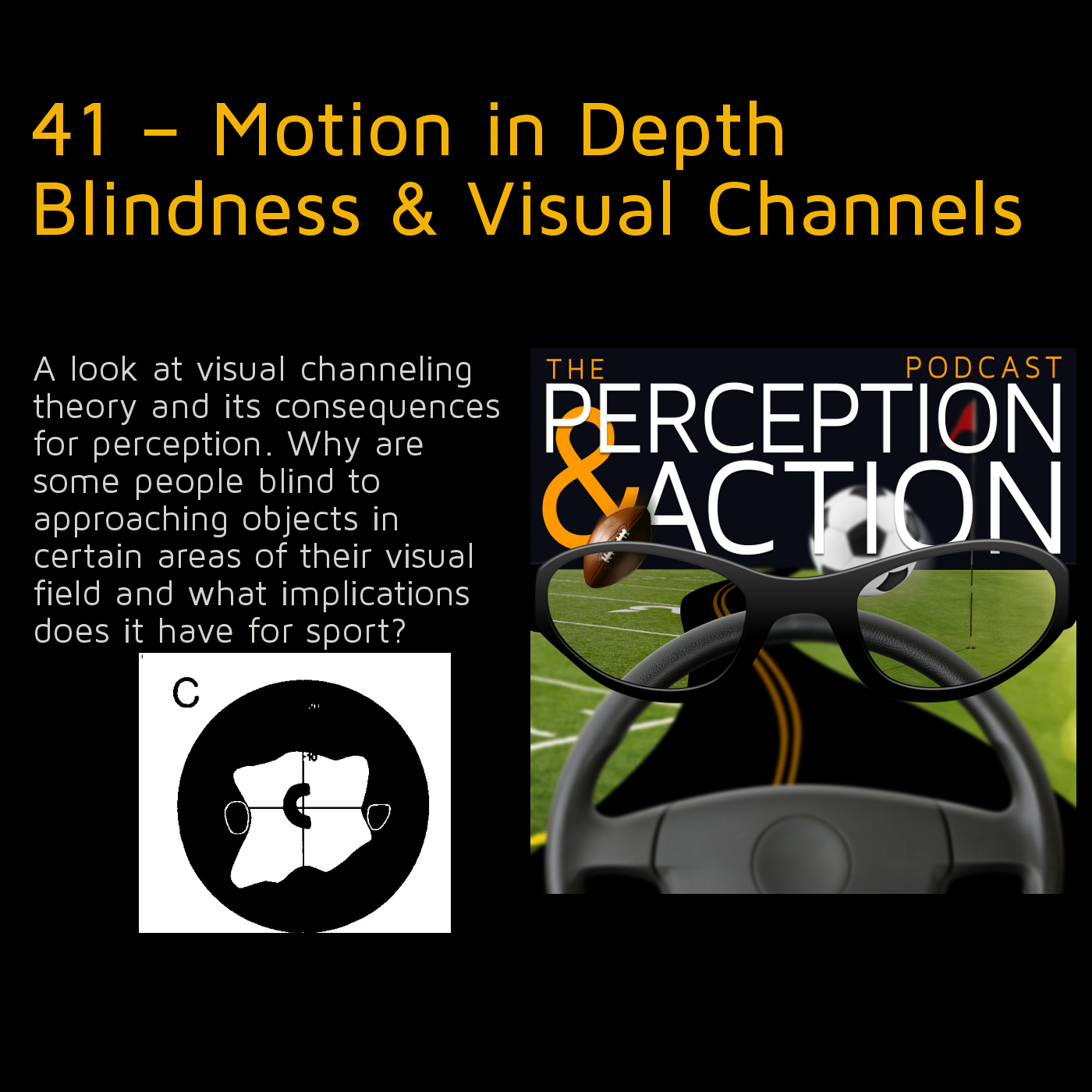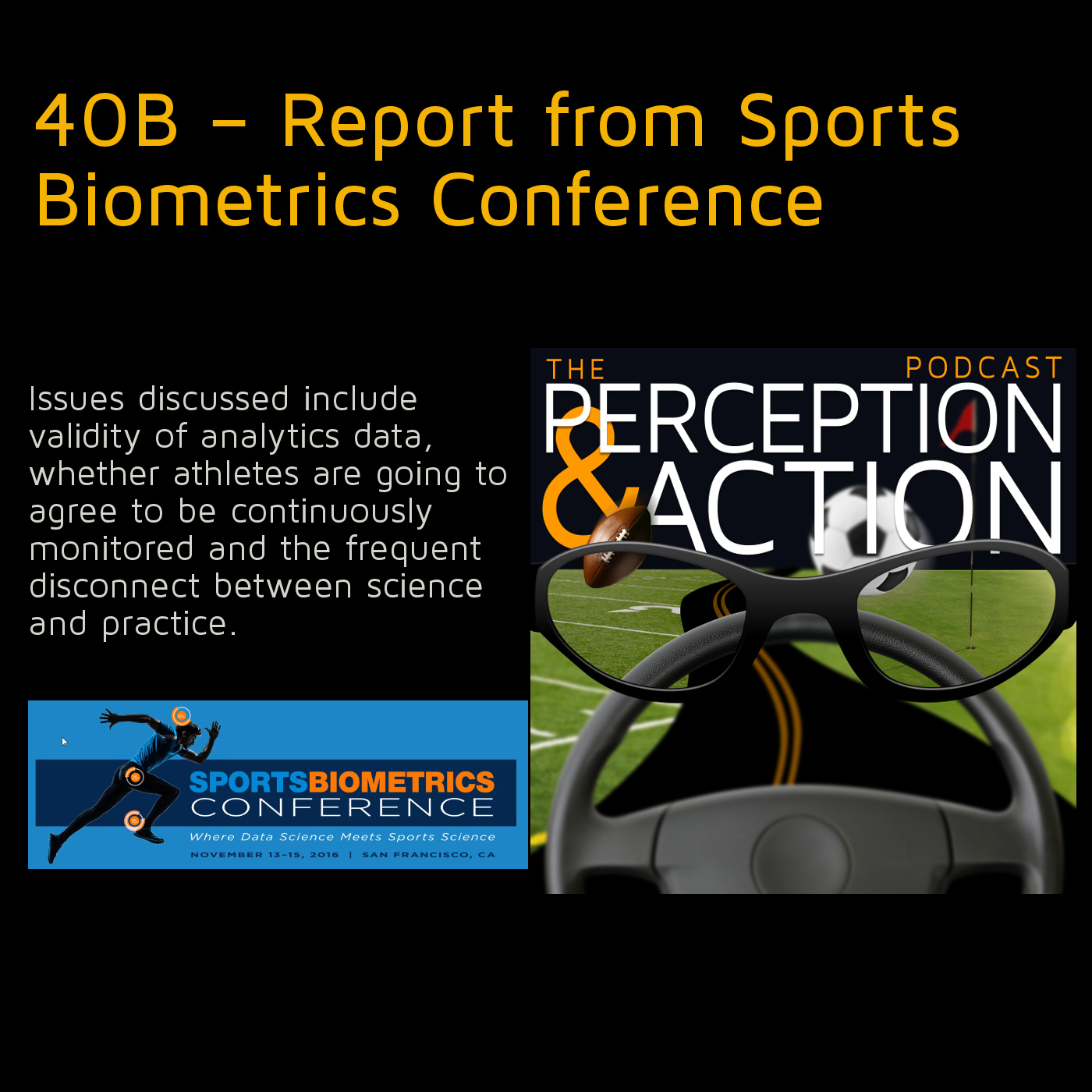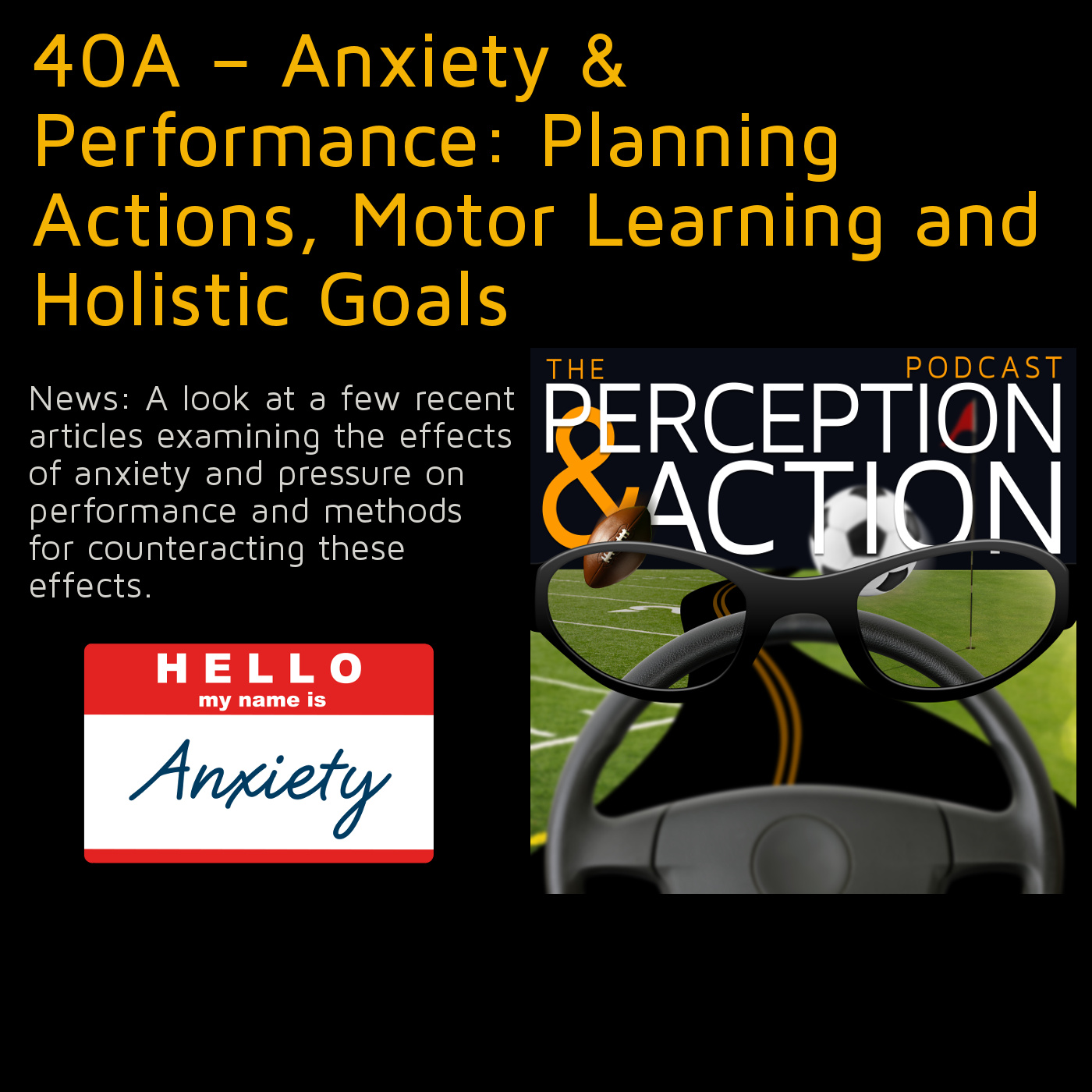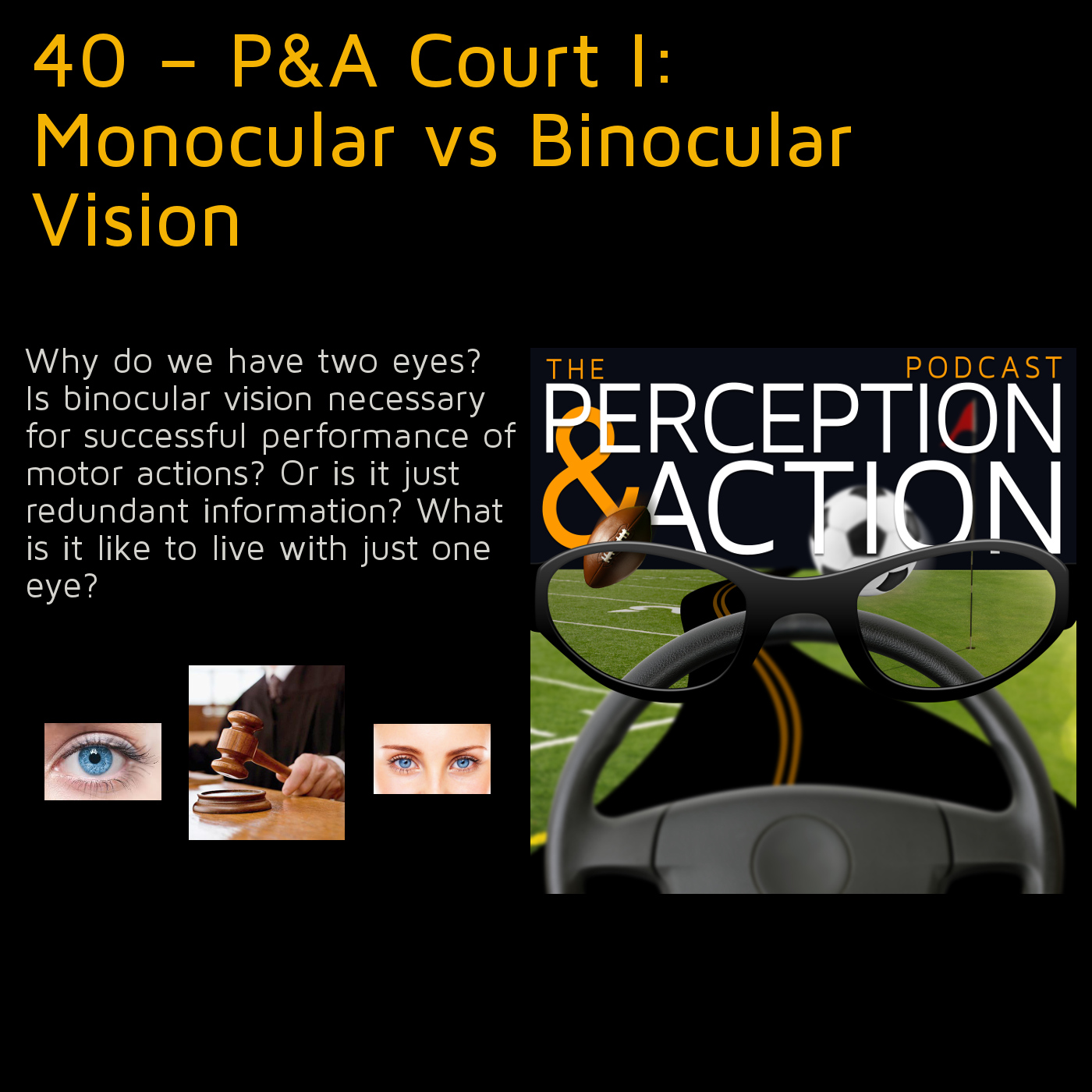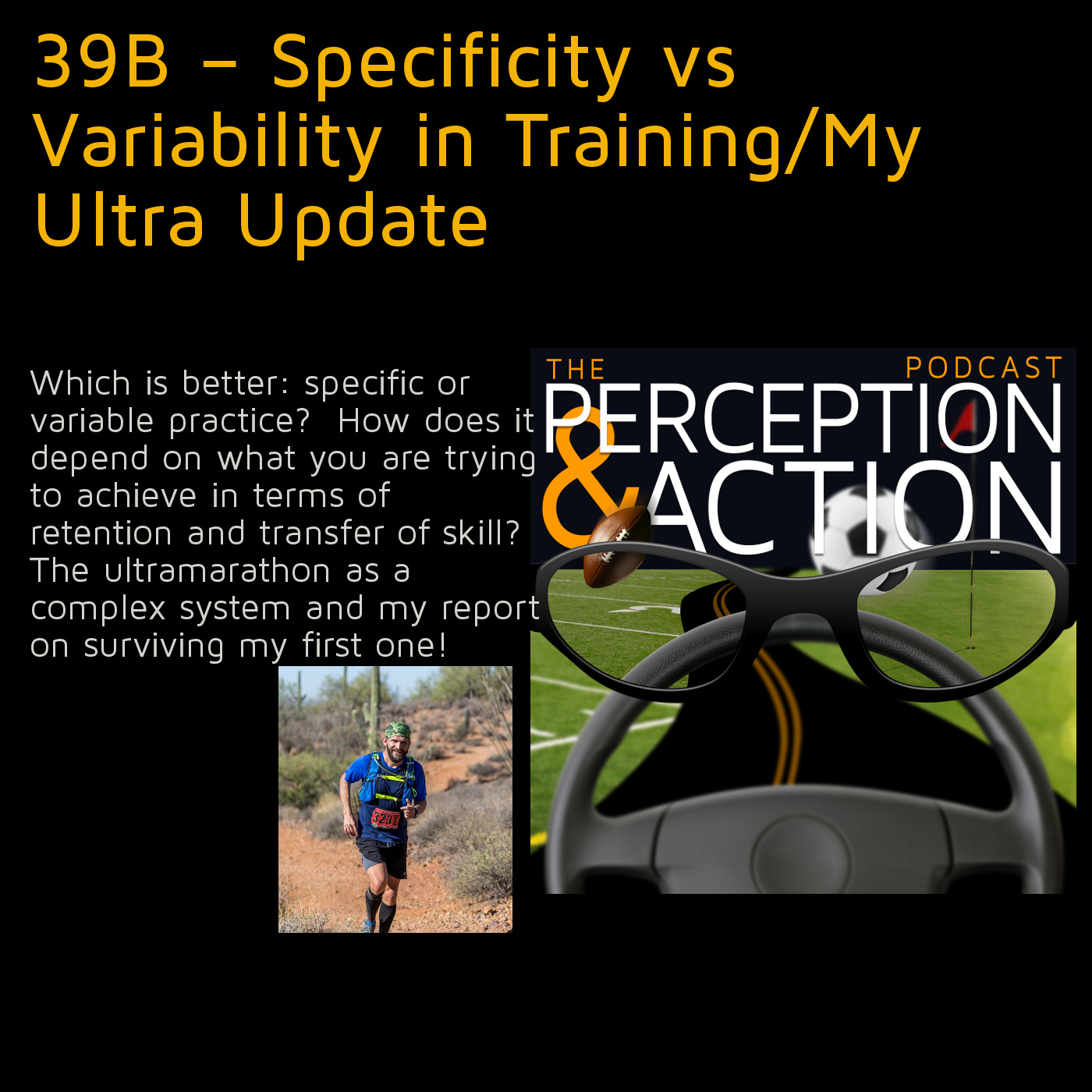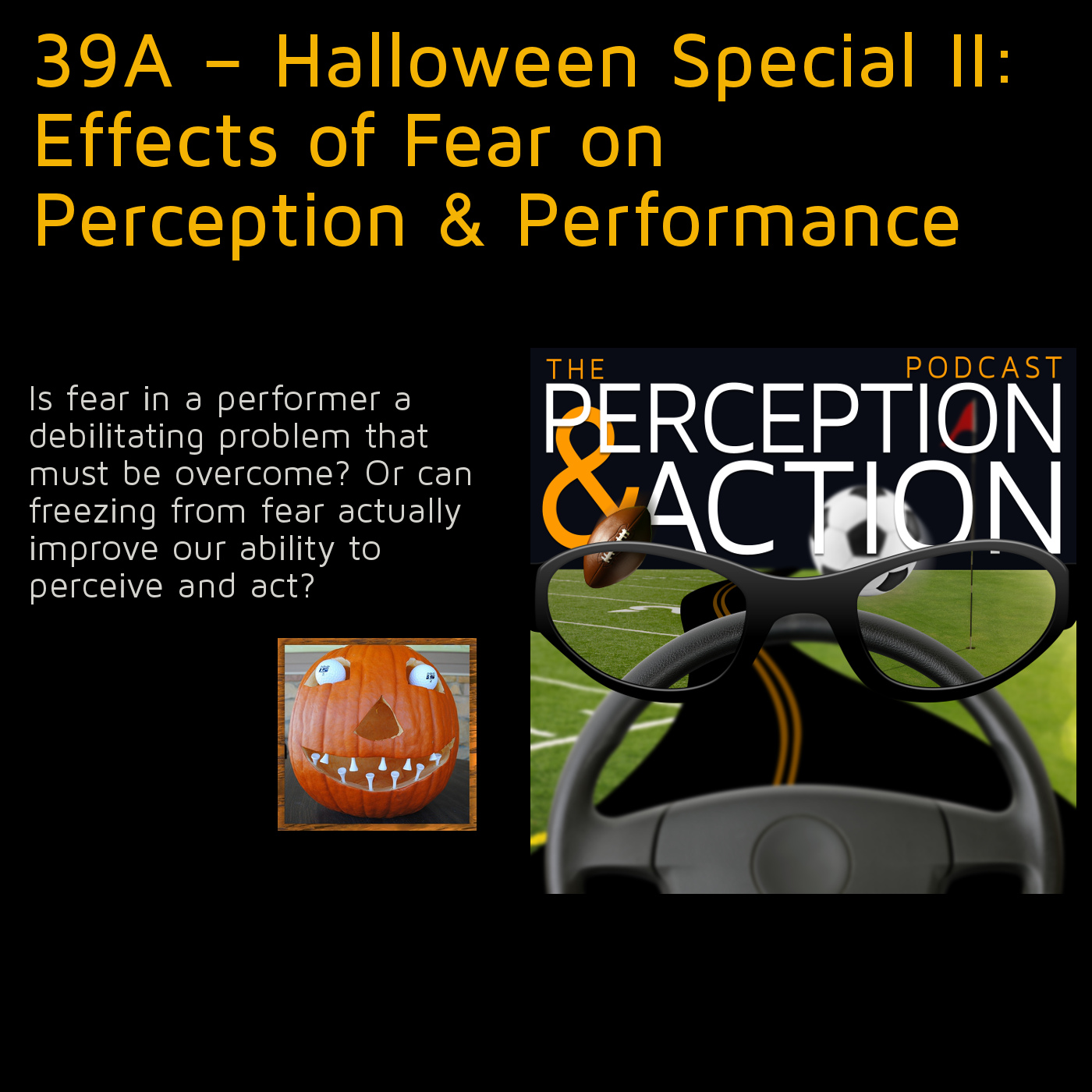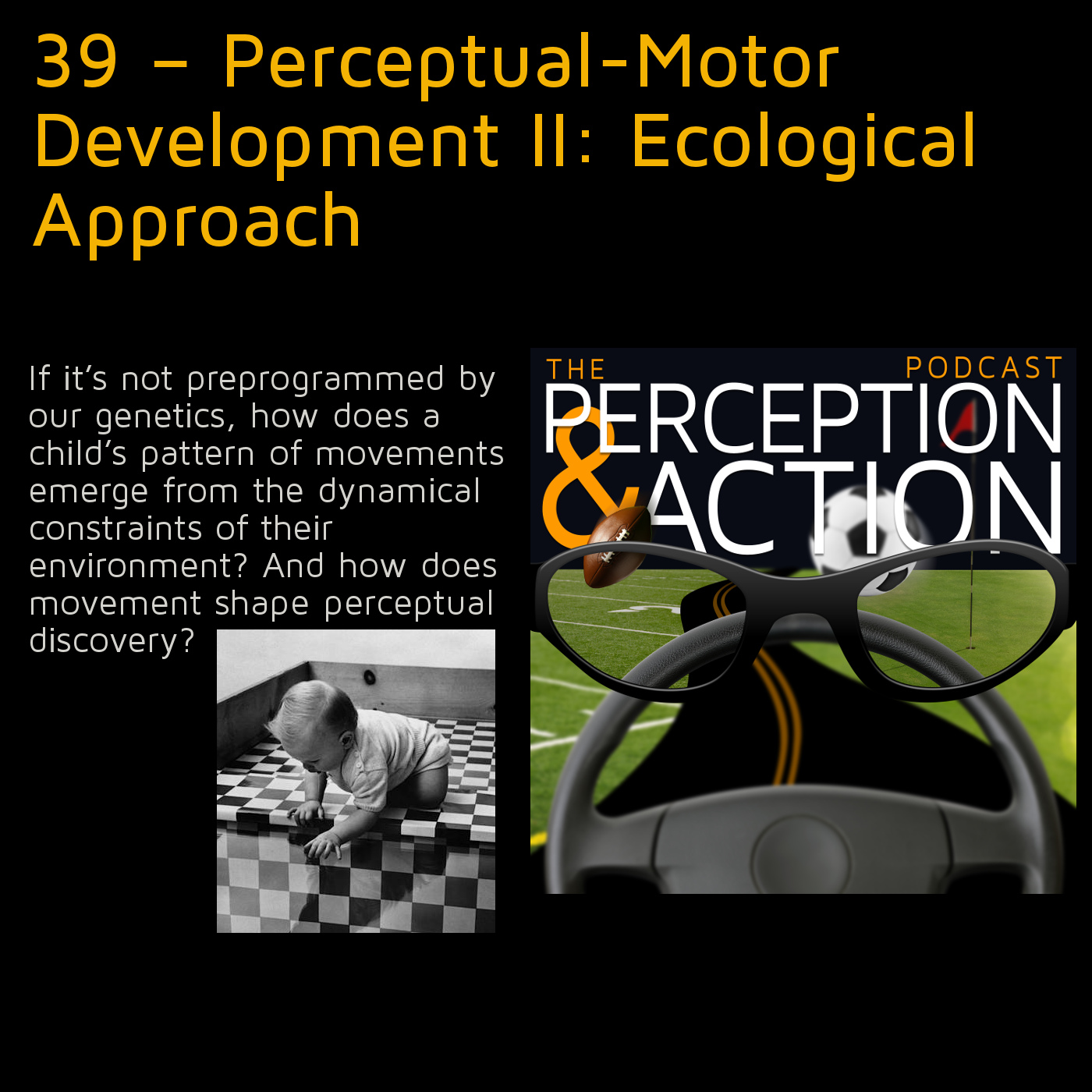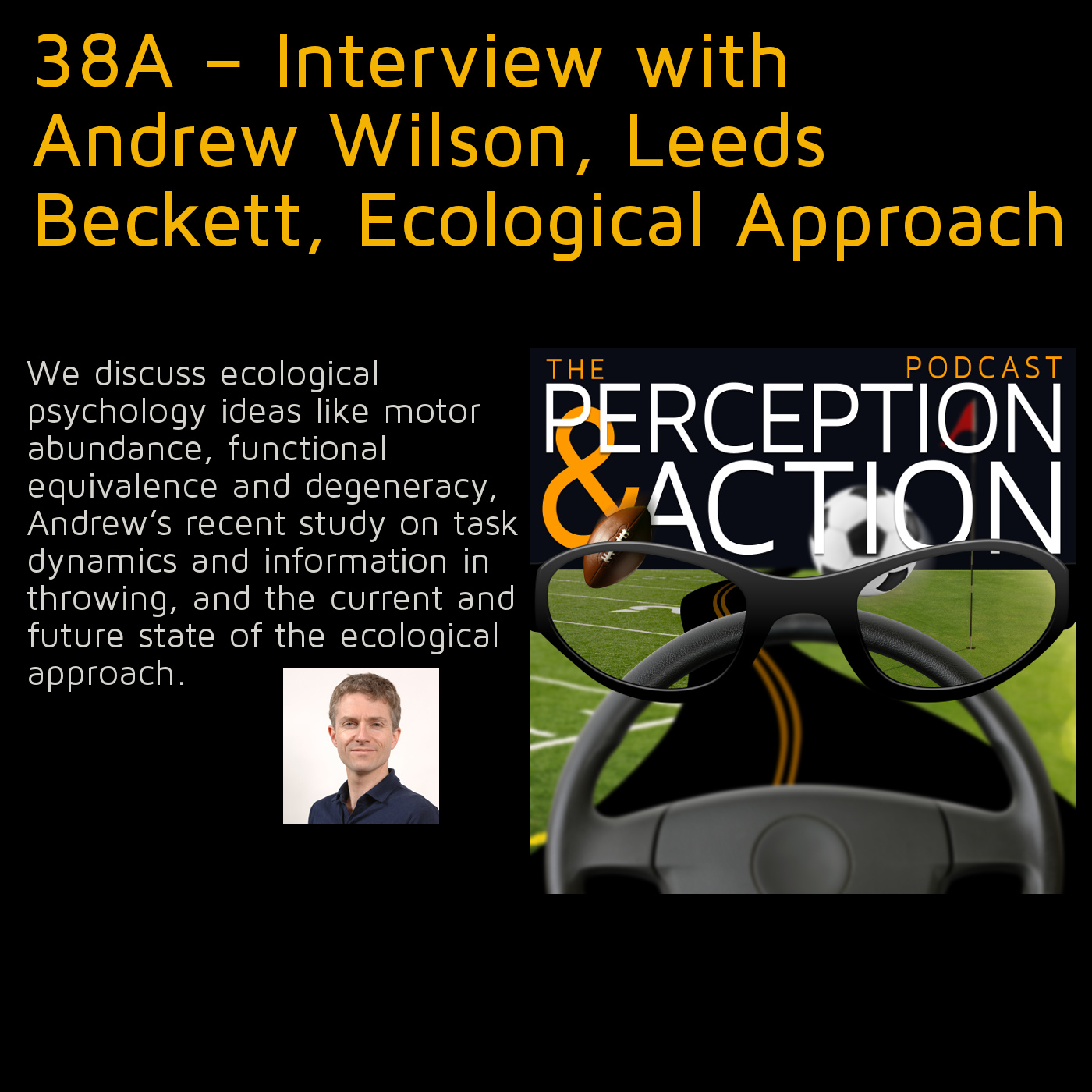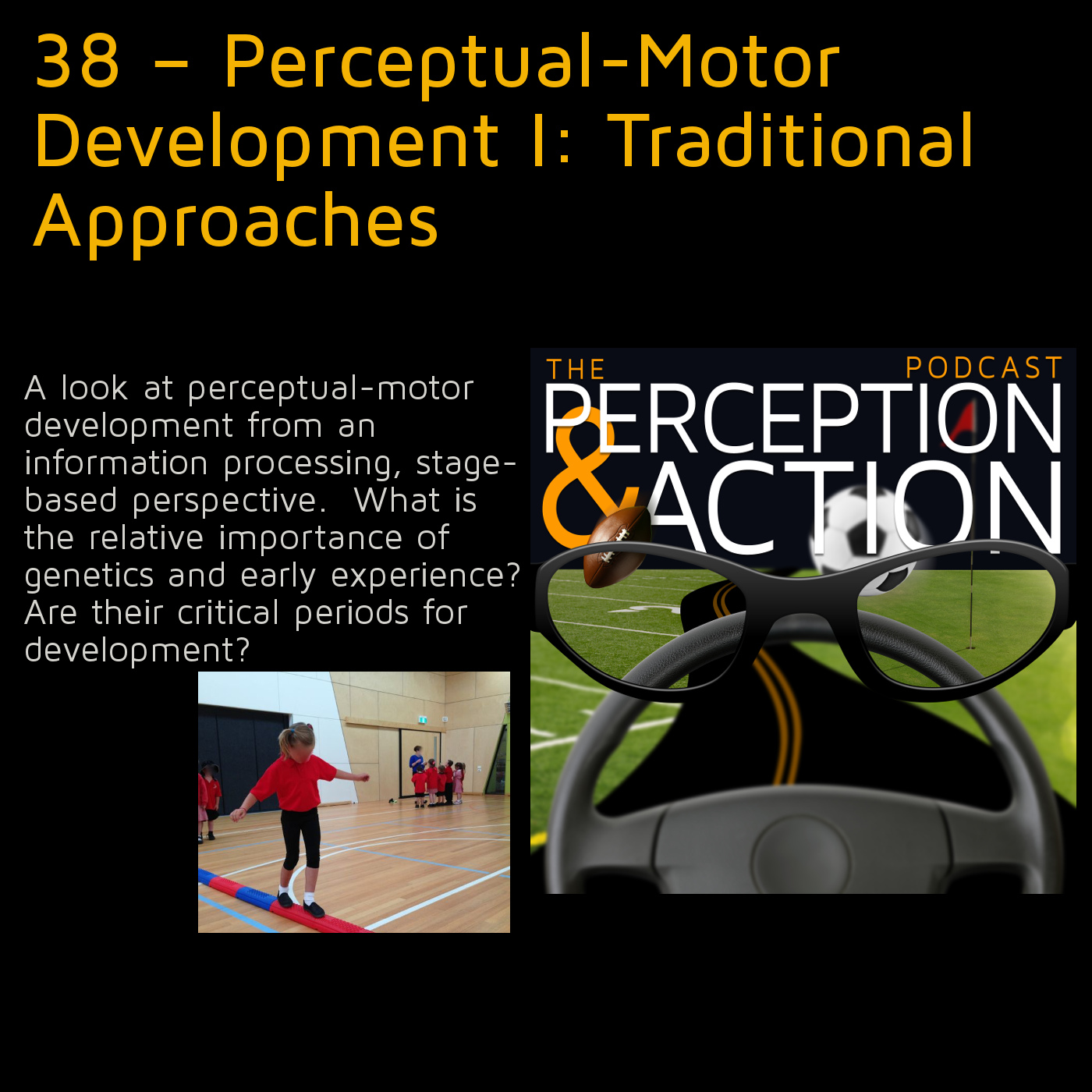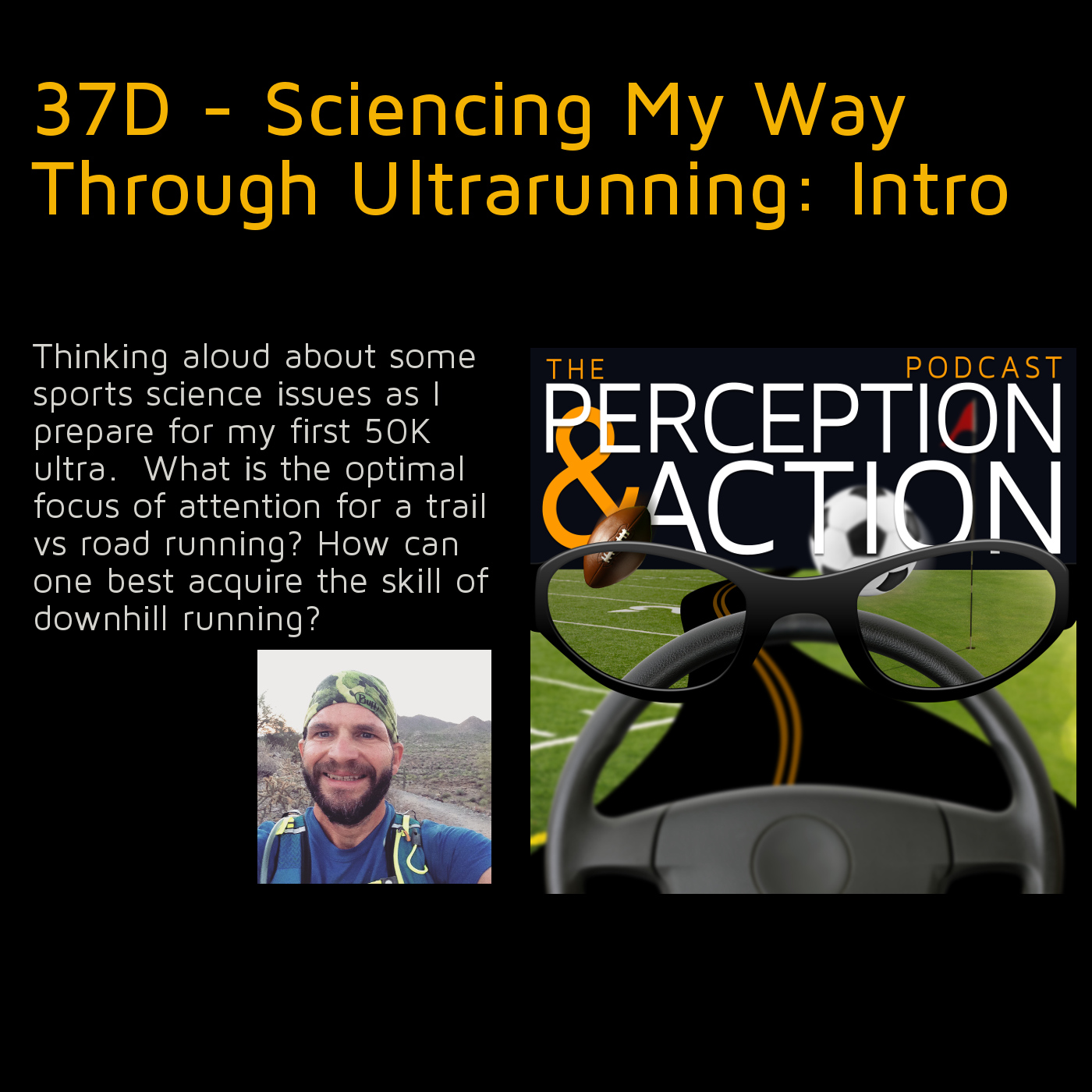41 – Motion in Depth Blindness & Visual Channels
41 A look at visual channeling theory and its consequences for perception. Why are some people blind to approaching objects in certain areas of their visual field and what implications does it have for sport? Download link Articles/links: The Charles F. Prentice Award Lecture 1990: specific tests and specific blindnesses: keys, locks, and parallel processing…
Read More